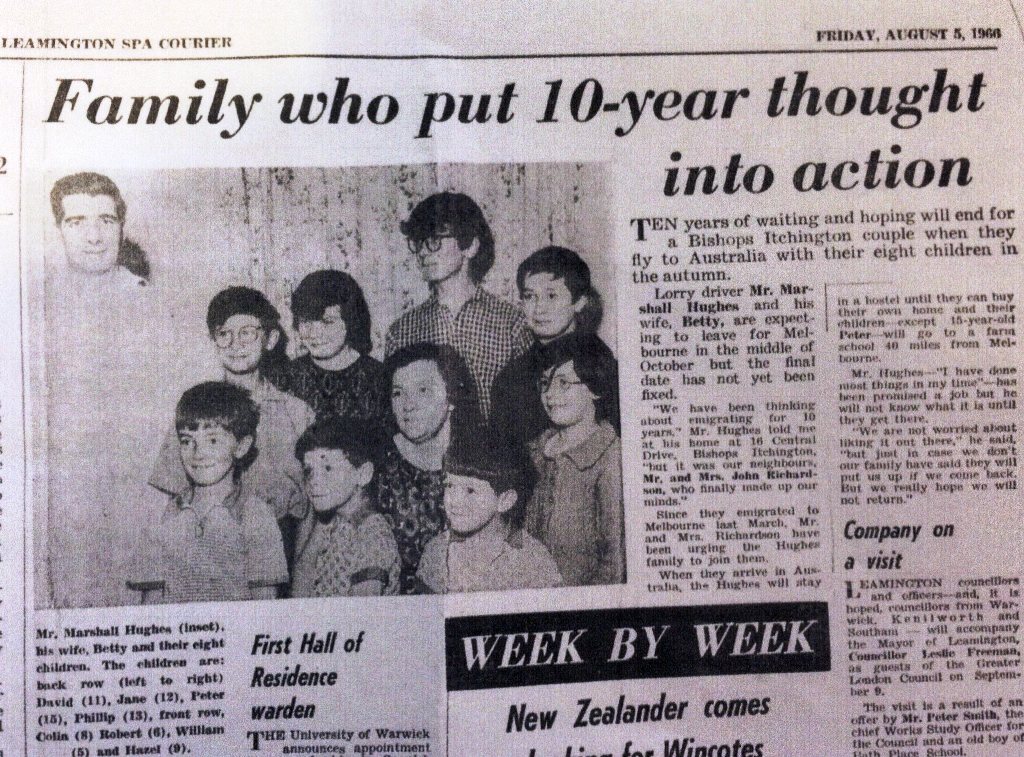My parents were both hard working.
My father felt he had achieved something by owning a dairy farm. He felt he was privileged to own a farm. He was willing to do whatever it took to improve it, willing to play by the rules. He always worked hard without any complaints. Nothing interfered with his work. He was as regular as clockwork and was willing to work through illness. He sometimes suffered from malaria, but it never stopped him working. He did not like to be away from the farm.
My mother was much the same. She didn't like housework, however, preferring to work outdoors. She always said she would have liked to have been a boy and regretted that she was not shown how to do certain things when she was a child because she was a girl. She came from a large Irish family and she was the second youngest. There were several older brothers and then there was a gap of several years before three younger children were born of which two were girls. The two younger girls were kept separate from the others. My mother always claimed that they were never let do anything outside the house. It was her constant sorrow that she was never able to do certain things on the farm. She often said she was never allowed to assist at the forced birth of a poddy calf. She often said she was never shown how to work a posthole digger. She never learned to drive a car or a tractor.
My mother and father had known each other as young people. They lived in the same valley.
Both my parents mostly led lives within their own family group, my mother more so than my father. Neither had many friends outside the extended family. My mother never really strayed outside her extended family group and her closest confident was her sister. My mother had lots of relatives that she liked and enjoyed their company. She often met female relatives when she was shopping and this gave her great delight. She enjoyed visiting her relatives socially and she was never happier than when they visited in masse at Christmas or on birthdays.
My father was a sociable man and was quite popular. He did not restrict himself entirely to his relatives. He belonged to several community groups, but it was obvious that family members were the most important people in his life. My father also had a large extended family. Quite often distant relatives of his would turn up and they would treat him with a lot of affection. He had been in the war and was treated as a war hero. Especially by some aged relatives.
I have been imprinted with my parents work ethic. I have always felt obliged to do my best. I have always worked hard in whatever job I have had. I have always given more to the job than was required.
So much so that since retirement I have nightmares about not working. I have been constantly plagued by a continuing nightmare.
I am at a loss because I have nothing to do and I am not sure about what I should do. I dream that I am in a job where my work is not specified. I am in a job where I have no computer print out and I don’t know where to get a new one. I am in a job where I have been sent to a new office and there is nothing to do and I have to look for work. I am in a new job and there are no desks and certainly not one for me.
Neville Gibb
May 2023


 RSS Feed
RSS Feed
